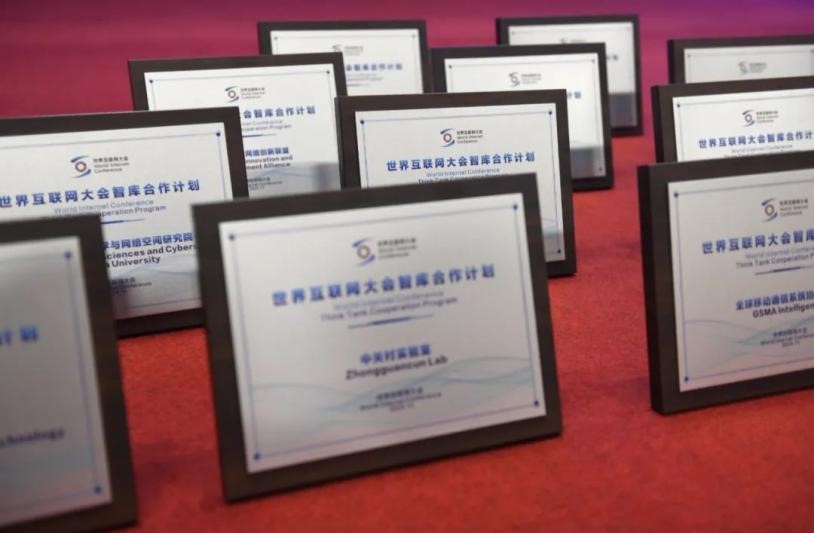On November 20, the World Internet Conference (WIC) officially launched the WIC Think Tank Cooperation Program at the 2024 Wuzhen Summit. The cooperation program has a total of 60 WIC member think tanks from Europe, Asia, Hong Kong, Macao and other regions of the world and other international high-end think tanks in the field of Internet. The members include enterprises, research institutions, universities, associations and other organizations, spanning across the Internet, artificial intelligence, big data, communications, cloud computing and other professional industries as well as the digital economy, cyberculture, international governance of cyberspace, cyber security and other research fields.

In the future, the WIC Think Tank Cooperation Program will be committed to discussing frontier topics, seeking common development and governance, and embracing opportunities and challenges, uphold the principles of openness, sharing, and universality, and create a mechanized and regular cooperation platform for academic exchanges and ideological dialogues in the field of global Internet. It will also encourage global think tanks to organize mutual visits, investigations, and seminars on frontier topics such as technological innovation, industrial development, and security governance of the Internet, and share their insights, resources and research outcomes, and jointly conduct researches and publish research findings. The aim is to actively offer suggestions for building a universally accessible, prosperous, equal and inclusive cyberspace, and contribute its wisdom and strength to help boost the Internet industry and close the digital divide.
Think tank representatives attending the launch ceremony included Hong Yaozhuang, CEO of Global System for Mobile Communications Association (GSMA), Zhang Hongke, academician of the Chinese Academy of Engineering, director of the National Engineering Research Center for Mobile Private Networks of Beijing Jiaotong University and honorary chairman of the Network Innovation and Development Alliance (NIDA), Yu Xiaohui, president of the China Academy of Information and Communications Technology (CAICT), Wu Yongming, CEO of Alibaba Group, Markus Borchert, CEO of Nokia Bell Shanghai and president of Nokia Greater China, Guo Kaitian, senior vice president of Tencent Group, Xu Qingqi, Chairman of Malaysia's Center for New Inclusive Asia, Chris Brown, China Director of the UK's National Centre for Entrepreneurship in Education (NCEE), and Angus Cheong, President of the Macao Association of Internet Research (MAIR).
Copyright ©1997- by CRI Online All rights reserved